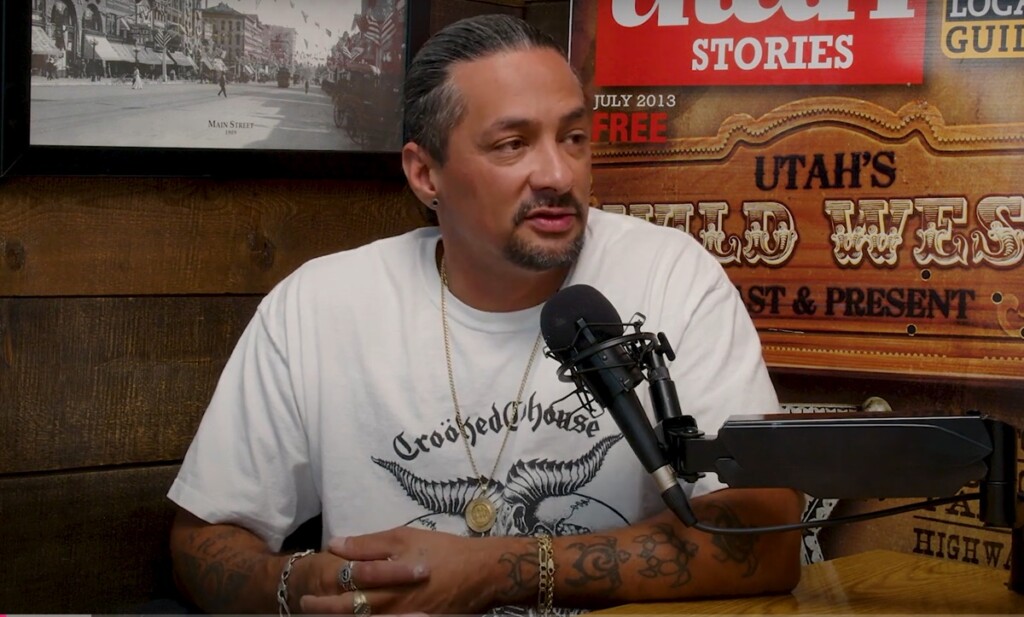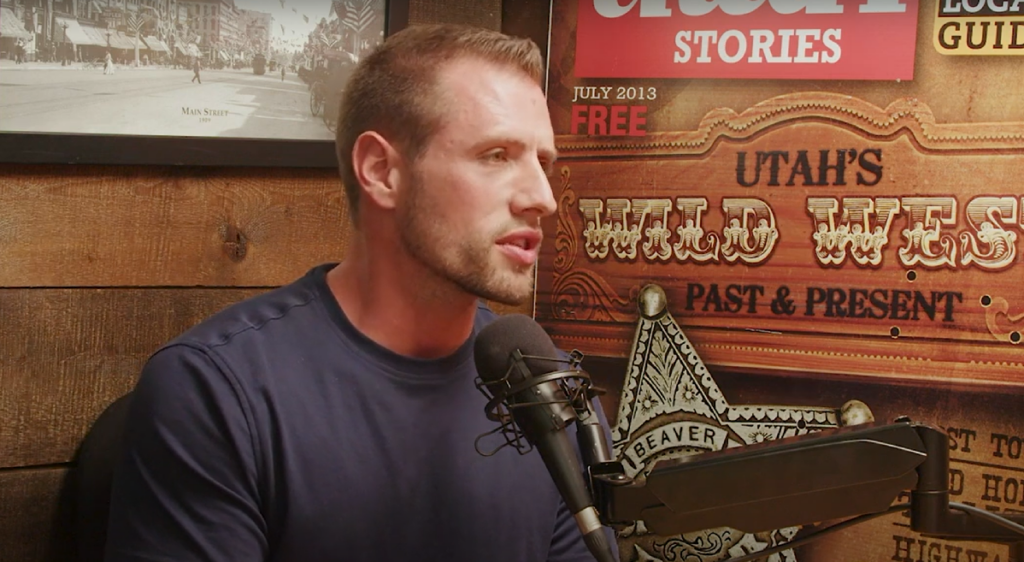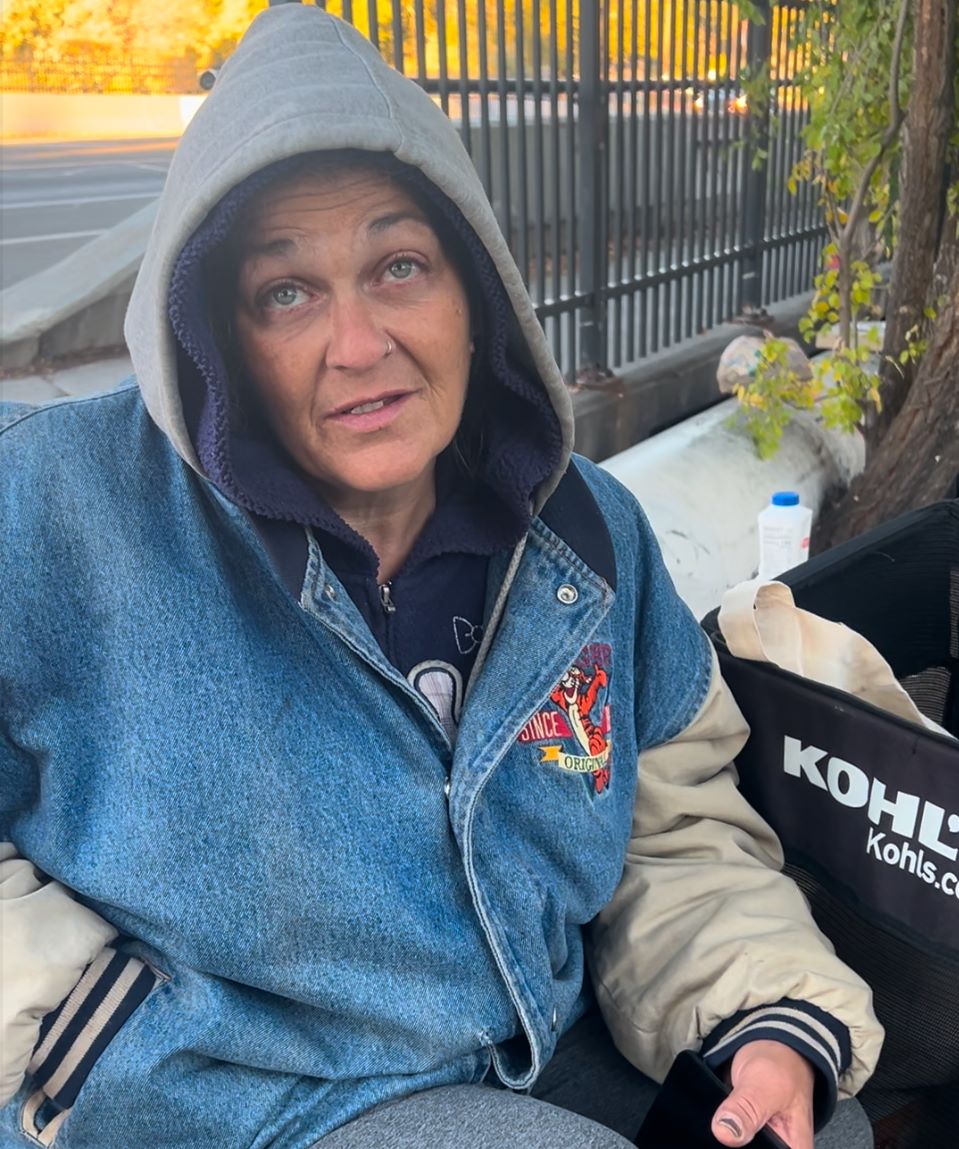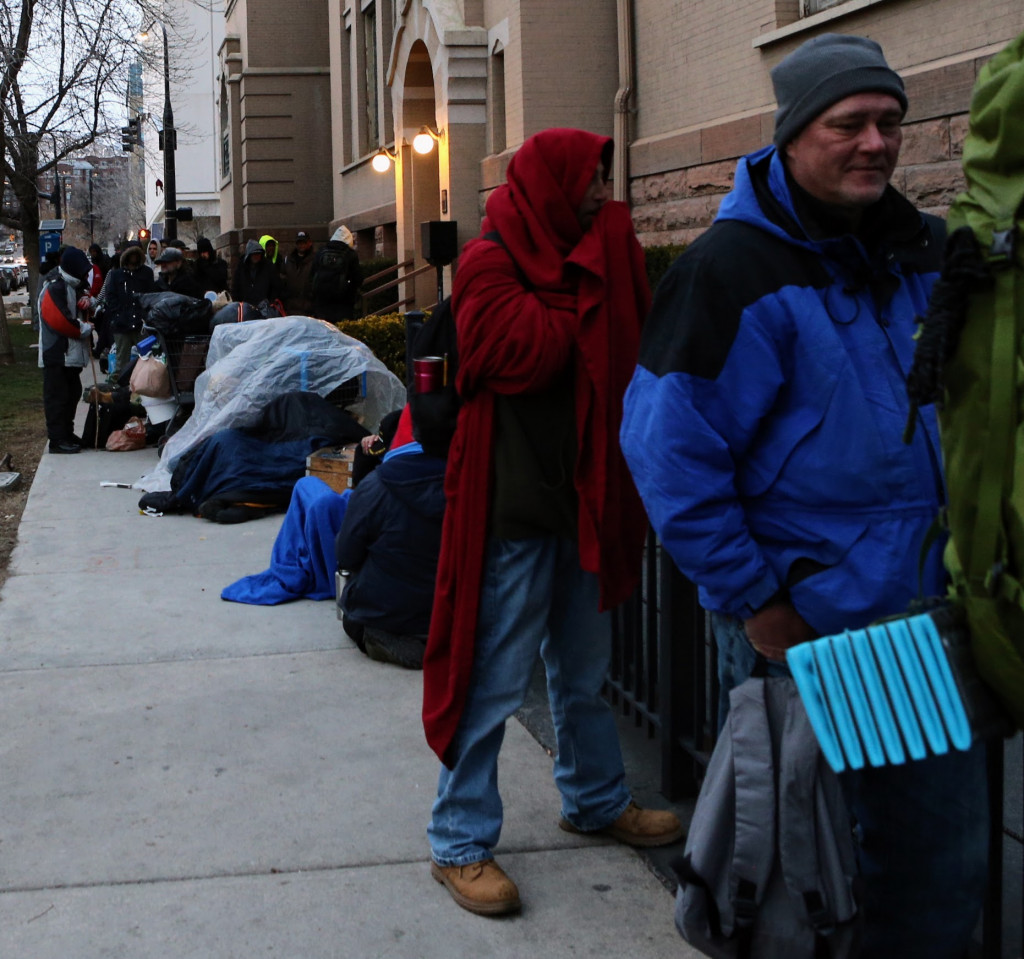
Last year over 100,000 people died from drug overdoses, and many of these people were homeless. These people are our “lost sheep.” The homeless in Utah, and all over the United States are dying at an astounding rate. At least fifteen people have died in Salt Lake City due to both, cold and drug overdoses this year. Some say the toll is higher than fifty, but sadly we don’t know how many it is, which I’ll get to later.
American boom towns are exciting places. In milk toast Salt Lake City we are beginning to witness more diversity, culture and shades of skin color than ever before. This is certainly a positive as our cultural isolation is dissolving. Construction projects on every corner built to house thousands of additional souls produce a vibrant energy. This energy is clearly like a hive attracting worker bees. “Industrious” harder workers are attracted to our Beehive state.
But like a successful high-volume restaurant that feeds hundreds of customers, a big city is a kitchen. People come to make it. But it’s a frenzy, it’s fast-paced. It’s hard and cruel, and it produces an enormous amount of garbage. In the case of cities, we treat the homeless as human garbage. While the truth sounds cruel, the facts speak for themselves.
The Salt Lake City Police Department does not deem homeless deaths worthy of investigation. See the story produced by the Utah Investigative Journalism Project on Joe Salas. SLCPD nor the Mayor’s office want to even track homeless deaths. While spending millions on “homeless programs” authorities make no efforts to track the effectiveness of the $200-$300 million per year spent on homeless services. Wouldn’t the first and most important measure be examining homeless deaths? How, why, where and when people are falling through the cracks and dying?
Instead, the SLCPD ignores our inquiries and refuses to discuss the matter in detail. Many homeless people have told us that there is a “serial killer on the loose.” Can we examine or prove this? We have found eyewitnesses who have seen bodies. Does the police care? No. they won’t comment or talk about it. Nobody wants to examine the garbage inside a dumpster, nobody wants to examine the ever-increasing massive homeless death toll, nor examine our growing homeless problems. But the authorities argue, this isn’t happening only in Salt Lake City, this is happening everywhere in the United States. So the question becomes: why should we care?
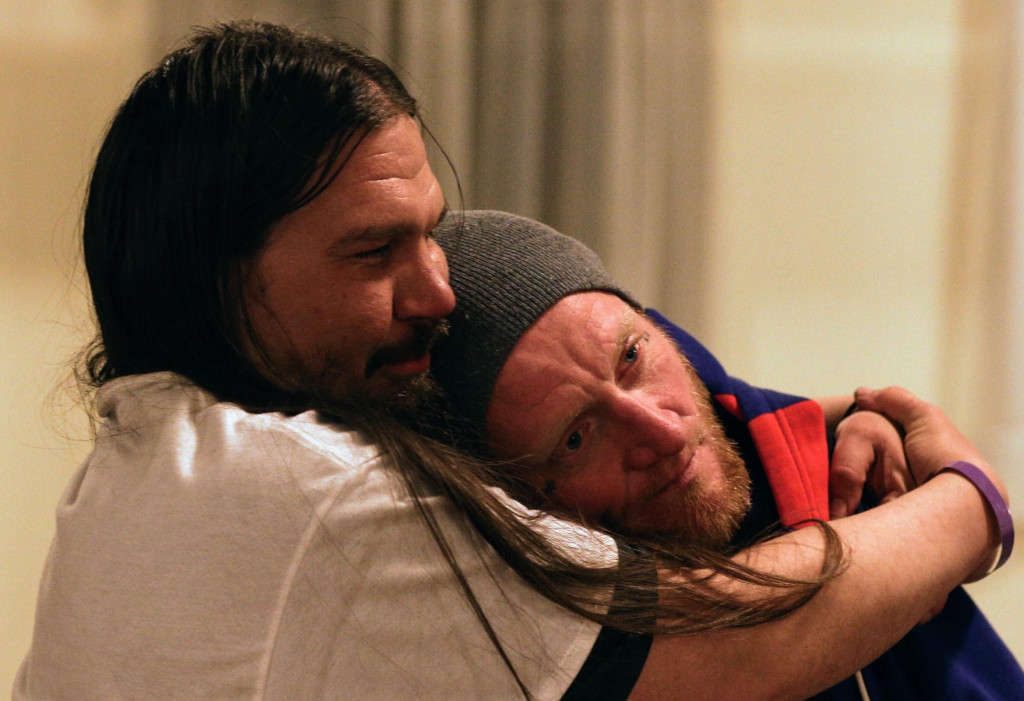
We should care because the homeless are our brothers, our sisters, our aunts, uncles, and former friends. Many of them have made bad choices, and many of them have “issues” and “baggage”. But these people are our fellow humans, and more than stuff, they need fellowship. They need people to listen to them. As Ty Bellamy puts it: “if we in Utah care so much about protecting the unborn lives of fetuses, as we just demonstrated in our state-wide abortion ban, why is it that we cannot care about the living who are dying on our streets?”
The homeless are misfits, and we should embrace and understand that the misfits, those who live on the lunatic fringes, produce art and culture. Those who can’t or don’t want to work corporate jobs or be a cog in a wheel of a big corporate machine epitomize. Can you blame them? When the jobs they could most easily get are working at an Amazon fulfillment center, which is probably one of the most dehumanizing jobs any person could have– they would replace a person with a robot in less than a second if they were able – why would a job like that make any person feel hopeful?
Some of the homeless have real talent. Some have sensitivities for art and music, some are our shamans. They are those who remind us that in our race to the future, we are undermining our connections and we are losing our sensitivities. This world is lacking in love and compassion, it’s becoming too cruel, especially for those who were born into cruelty. Most of the homeless are suffering from trauma and PTSD. Most use drugs and suffer from psychological disorders due to trauma, and our answer is to let them die? Harass them? Hasten their inevitable demise? Abort them?
One discovery I found when I first started covering homelessness is the statement that many unsheltered homeless individuals make which is, “I am homeless by choice.” The meaning of this statement is actually more profound than it might seem on the surface.
They choose to be homeless because they are in essence escaping a previous condition that they found extremely undesirable or life-threatening. Why shouldn’t we help them to make this escape, and find a light at the end of the tunnel?
Some appear to be protesting the current human condition. Many want to say they do not want to participate in the “evils of capitalism.” Or participate in “a system that is governed by rules which are written by evil corporations.” Their conclusion is to check out. But in so doing they are making themselves into victims rather than protestors.
Unfortunately, their arguments lack merit when they aren’t actively seeking an alternative that might put their human condition on a higher plane: by engaging in farming, carpentry, cooking, or trades outside of the “capitalistic world” that they deem evil. They could become active protestors by working hard at a locally-owned business, instead, they wallow in their misery. But ultimately they are “lost sheep.” And Jesus said in the parable of the lost sheep that we should value them and their souls, just as we would a lost sheep, “Suppose one of you has a hundred sheep and loses one of them. Does he not leave the ninety-nine in the open country and go after the lost sheep until he finds it? And when he finds it, he calls his friends and neighbors together and says, ‘Rejoice with me; I have found my lost sheep.’ I tell you that in the same way, there will be more rejoicing in heaven over one sinner who repents than over ninety-nine righteous persons who do not need to repent.”
This odd conclusion is striking: God rejoices over the sinners who repent more than the righteous. Why would this be? Perhaps it is because everybody sins. Many become lost, especially lost in sin. But when we are found, we can help find and save others. Isn’t this a big part of what it means to be a “Christian”? If it isn’t then tell me what being Christian means. Tell me what is the value of having a fat bank account as a Christian if it isn’t to help others to be found?
Attempting to find the root causes of homelessness; diving down that deep and dark rabbit hole, we ultimately find a mind virus. A pathogenic thought that justifies their self-inflicted misery. And in being together they commiserate. They will spout crazy thoughts and ideas, but they agree with each other. Very occasionally and rarely do they debate. But sometimes when they do debate there are some nuggets of wisdom.
Salt Lake City is currently experiencing unprecedented population growth. Every city that has experienced this type of double-digit percentage increase in growth in under a decade always experiences a concurrent homeless population spike. This happened in New York City at the turn of the century. It happened in Los Angeles beginning in the early seventies, it happened in Denver a decade ago, and now Salt Lake City is having its turn. Why does this happen? Why can’t everyone who comes here just take part in our booming economy?
People of every social class and stripe come to a boom town seeking opportunity. Some find jobs and opportunities and others fall on “hard luck” or bring their “bad luck” with them. Or they mix with the wrong crowd. But for whatever reason the homeless are simply people who have fallen into a downward spiral, they are down and out, and many of them are stuck.


